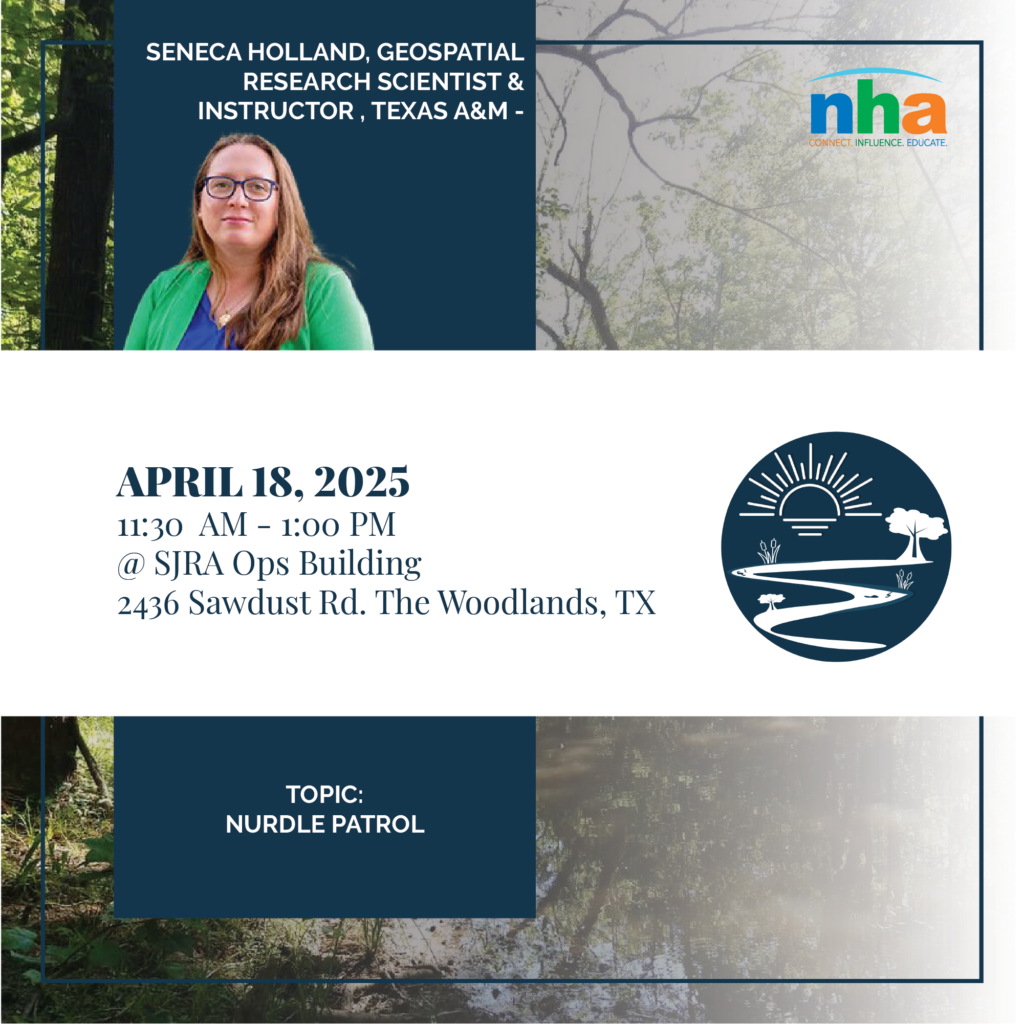NHA Business Issues & Resources Committee members received updated information on the legion’s air quality at the committee’s November meeting.
Alan Clark. MPO director. Houston-Galveston Area Council, presented an “Air Quality Status Report”, which summarized the recommendations of the
Texas Natural Resource Conservation Commission’s Executive Director, Jeff Saitas.
The emission reduction strategy broke down pollutants into the following categories: industry, diesel fuel, construction, voluntary MEP, I/M program, and “gap” measures. Clark said he expects u “mid-course correction plan” three years from now, to make adjustments to the original plan, based on actual results. Some of the mandatory limits being considered include shifting construction work from 7 a.m. – 7 p.m. to noon – midnight, lowering of speed limits, prohibiting L&G contractor activity until noon, and delaying the start of school until early September by compressing the school year.
Clark noted he thought legislation soon would he introduced to compress the school year. “Reducing travel caused by school activities can result in lower emissions during the months when ozone is the worst,’ he said. Historically, the summer months are when the region has the most ozone problems. Committee members asked Senator Lindsay. NHA president, about the legislation on schools. Lindsay replied that he has seen some draft legislation that exempts year-round schools. Federal Clean Air Act sanctions may include the delay of transportation projects and/or loss of transportation funds, increased restrictions on new and expanded businesses and a mandated federally-controlled plan.
The end of December is the deadline for the eight-county region (Harris, Brazoria, Fort Bend, Galveston, Montgomery, Chambers and Waller) to submit its plan to the United States Environmental Protection Agency (USEPA). The USEPA has until mid-October 2001 to approve or deny the plan. If the plan is denied, the USEPA will step in and regulate the plan. In that case, it would be a federal plan until the state develops one that wins approval by the USEPA.
The North Houston Association will continue to follow this issue, as it has for a number of years, and keep its membership informed.



